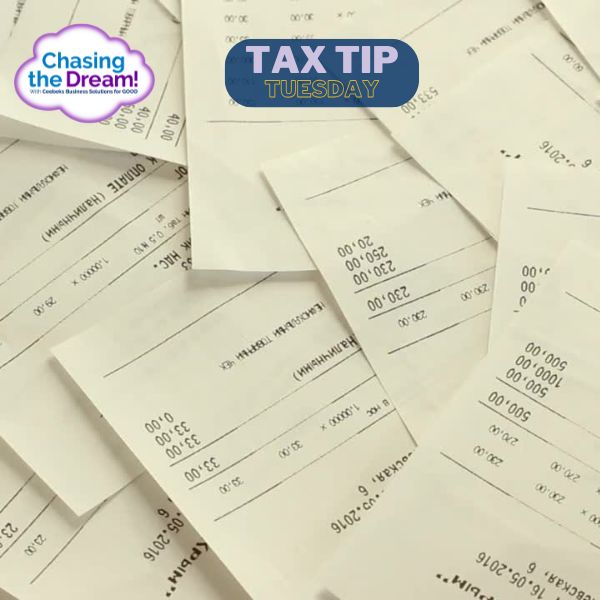Hello Chasers,
Not all losses made from the activities undertaken by taxpayers qualify as business losses as those activities might fail the business definition and tests.
Therefore, it is important for taxpayers in business to know the difference between business losses and non-commercial losses.
When it comes to business losses, taxpayers generally make a business tax loss when the total deductions they can claim for an income year exceed the total of their assessable and net exempt income for the year.
If a taxpayer’s business makes a tax loss, they may be able to carry forward the loss and claim a deduction for their business in a future year. The structure of the business can affect whether the loss is offset and claimed in the current year, or rather carried forward and claimed as a deduction in a later year.
Sole traders or individual partners in a partnership may be able to offset their business losses against other types of assessable income for the same income year. Alternatively, they may be able to defer the loss or carry it forward and offset it when they next make a profit.
Taxpayers who are operating a company may (if they satisfy certain criteria) be able to carry forward a tax loss for as long as they want and choose the year in which they claim the deduction (and trusts can also potentially carry forward business losses).
A non-commercial business loss is a loss incurred from a business activity that is not related to the taxpayer’s primary source of income, either as a sole trader or as a partner in a partnership. The activity may be one that is likely to be largely unprofitable and be lacking a significant, business-like purpose or character.
Generally, individual taxpayers cannot offset non-commercial losses, and need to defer them until they make a profit from the business activity. However, taxpayers who have been affected by flood, bushfire, or COVID-19 over the past few years may be able to offset their current year’s non-commercial loss (but not their previous year’s deferred losses) without applying for a private ruling.
For more information, refer to PCG 2022/1 on the ATO’s website, which applies for the 2020 through to 2023 income years.
If you have queries in relation to your business and prior years losses, please contact our Team on 55612643 to make a time to discuss them.
Have a great day!
Read more of our daily blogs for valuable insights and stay up-to-date with the latest industry news – click here to access the full article on our blog page.

